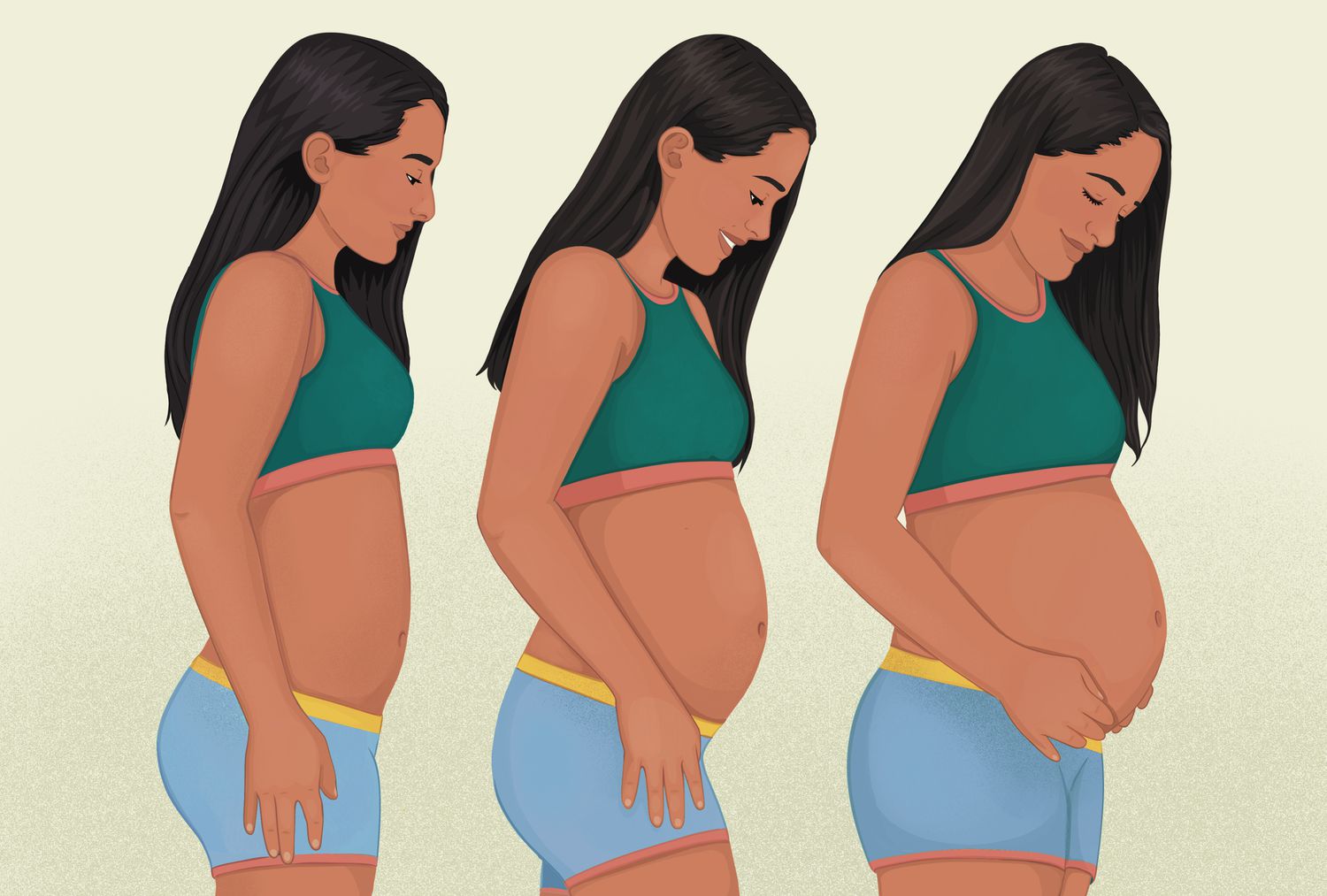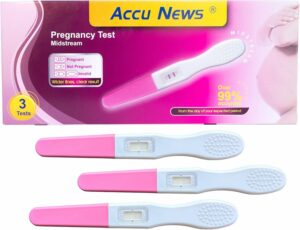Early Pregnancy Symptoms: Comprehensive Guide to Recognizing the Signs
Pregnancy brings about various changes in the body that can be both exciting and confusing, especially during the early stages. Many of these symptoms start before you even miss your period, and they vary widely in intensity and duration. Understanding these early signs can help you determine if you might be pregnant. Let’s take a closer look at the most common early pregnancy symptoms in detail.
1. Missed Period
The most definitive early sign of pregnancy is a missed menstrual period. If your cycles are usually regular and you suddenly miss a period, it may be one of the first clear indications of pregnancy. However, a missed period can also result from stress, changes in weight, or hormonal imbalances, so it’s important to look at other symptoms as well. For women with irregular cycles, this sign may be less reliable.
2. Nausea and Morning Sickness
Nausea, commonly known as morning sickness, can strike at any time of the day or night. This symptom typically begins between the 4th and 6th week of pregnancy and may last throughout the first trimester or even longer for some women. While the exact cause of morning sickness is not fully understood, it is believed to be linked to the rise in hormone levels, especially human chorionic gonadotropin (hCG) and estrogen. Some women experience mild nausea, while others may struggle with severe morning sickness, known as hyperemesis gravidarum, which requires medical attention.
3. Breast Changes
Hormonal changes during pregnancy can cause noticeable changes in your breasts. Common breast symptoms include:
- Tenderness or Sensitivity: Your breasts may feel more tender or sensitive to touch, similar to how they feel before a period but usually more intense.
- Fullness and Swelling: You might notice that your breasts are larger or heavier.
- Darkening Areolas: The area around your nipples (areolas) may become darker in color and grow in size.
- Prominent Veins: The veins in your breasts may become more visible as your blood flow increases in preparation for milk production.
These changes are your body’s way of getting ready for breastfeeding, even in the earliest stages of pregnancy.
4. Fatigue and Tiredness
Fatigue is one of the most common early pregnancy symptoms, often starting as early as the first week after conception. The rise in progesterone levels can make you feel unusually sleepy and low on energy. This hormone is essential for maintaining a pregnancy, but it also has a sedative effect that can leave you feeling exhausted. Your body is also working overtime to support the developing baby, which can drain your energy levels and make you feel fatigued throughout the day.
5. Frequent Urination
An increased need to urinate can start as early as the 6th to 8th week of pregnancy. This symptom is caused by hormonal changes that increase blood flow to your kidneys, enabling them to process more fluid than usual. Additionally, the growing uterus begins to press against the bladder, causing a need to urinate more frequently. This symptom typically continues and can even intensify as the pregnancy progresses and the baby grows.
6. Mood Swings and Emotional Changes
During the early stages of pregnancy, it’s common to experience significant mood swings. Hormonal shifts, particularly in estrogen and progesterone, can affect your brain’s neurotransmitters, leading to emotional ups and downs. You may find yourself more irritable, anxious, or tearful than usual, similar to what some women experience with premenstrual syndrome (PMS). Understanding that these mood changes are a normal part of pregnancy can help you cope better.
7. Food Cravings and Aversions
Pregnancy can trigger unexpected food cravings as well as strong aversions to certain smells or flavors. These changes can be among the earliest signs of pregnancy, often influenced by hormonal changes that affect your sense of taste and smell. Common cravings include sweet or salty foods, while aversions might include previously enjoyed foods that suddenly become unappealing or even repulsive.
8. Light Spotting or Implantation Bleeding
Implantation bleeding occurs when the fertilized egg attaches to the uterine lining, usually around 10 to 14 days after conception. This light bleeding or spotting is often mistaken for a light period. Unlike a regular menstrual flow, implantation bleeding is usually lighter in color (pink or brown), does not last as long, and is accompanied by little or no cramping. This is one of the earliest signs of pregnancy but not experienced by all women.
9. Increased Basal Body Temperature
Tracking your basal body temperature (BBT) can provide an early clue to pregnancy. If you regularly monitor your BBT and notice that it remains elevated for more than two weeks after ovulation, it could be a sign that you’re pregnant. This rise in temperature is due to increased levels of progesterone, which helps sustain the pregnancy.
10. Bloating and Mild Abdominal Cramping
Many women experience bloating early in pregnancy, similar to what they might feel before a period. Hormonal changes can slow down your digestive system, causing gas and bloating. You might also notice mild abdominal cramping, which is often due to the uterus beginning to stretch as it prepares to accommodate the growing embryo. These cramps are generally mild and should not be severe.
When to Take a Pregnancy Test
If you notice several of these symptoms and suspect that you might be pregnant, taking a home pregnancy test can help provide clarity. These tests detect the presence of hCG, a hormone produced during pregnancy, in your urine. For the most accurate results, it’s best to take the test one week after your missed period. If the test is positive, or if you continue to experience symptoms with a negative test result, you should schedule an appointment with your healthcare provider for a confirmation and to start prenatal care.
Conclusion
Early pregnancy symptoms can vary widely from one person to another, both in type and intensity. While some women may experience all these symptoms, others might have only a few. Being aware of these signs can help you recognize pregnancy in its earliest stages and seek the appropriate care. If you suspect you may be pregnant, a consultation with your healthcare provider will confirm your pregnancy and ensure the healthiest possible start for you and your baby.




